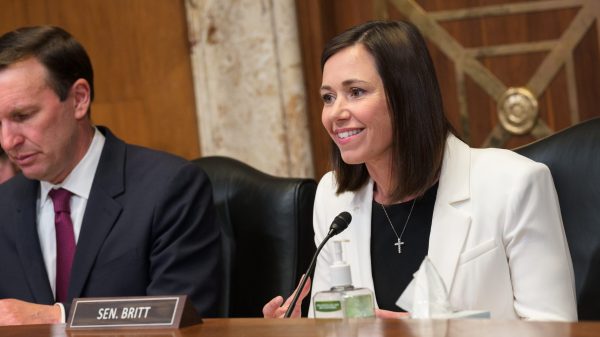By Josh Moon
Alabama Political Reporter
A consulting firm tasked with implementing Alabama’s new Medicaid managed-care system has been paid nearly $5 million more than the original contract amount and recently received a second one-year extension that could nearly triple the cost of the project.
Navigant Consulting, a Chicago-based firm, agreed back in December 2013 to implement Alabama’s new Regional Care Organizations, as part of the state’s Medicaid overhaul, and signed a two-year, $12.1 million contract.
That contract stated Navigant would “provide technical assistance and resource support for the implementation of the (RCOs).” The RCOs would move Alabama’s Medicaid program from a fee-for-service structure to a system in which providers, such as hospitals and doctors, charge Medicaid a flat fee for services and then work with the patients to lower health care costs.
“Our goal is to successfully implement a new healthcare delivery system by 2016,” RCO Implementation Project Manager Paul Brannan said at the time.
That hasn’t happened.
Almost three years later now, Alabama’s RCO program is still at least seven months from implementation and suffering from a number of recent setbacks. As reported by APR last week, those setbacks include two of the main providers in two of the five regions backing out, citing concerns over future funding.
However, those failures didn’t stop Navigant from receiving its second $8 million extension – which the Alabama Legislature’s contract committee is set to approve on Thursday — to continue its work implementing Alabama’s RCOs.
Records on Alabama’s Open Checkbook show that the firm has already received nearly $17 million since 2014 and is due at least two more payments before its first one-year, $8 million extension expires in December.
By the end of its contract run, Alabama and the federal government, which split the cost of the RCO implementation, could pay Navigant up to $28 million for a project that appears to be failing.
A detailed list of questions about Navigant’s payments and contract – and about the overall problems Medicaid is having with implementing the RCOs – was sent to Alabama Medicaid’s communications office. Late Tuesday, the agency responded by noting that Navigant has met a number of goals and had its workload increased by a 2015 bill that mandated a managed care system for some elderly and disabled patients.
The agency also listed four major work products provided by Navigant over the past three years, including developing the waiver submitted to the Center for Medicaid that allowed Alabama to implement RCOs, creating detailed work plans for the RCO staffs, reviewing RCO submissions and providing guidance on readiness and financial stability.
“I can tell you that they have spent a significant amount of time and effort to work through this process,” said Alabama Medicaid spokeswoman Robin Rawls. “They have done a lot of work.”
Navigant performed similar work for the state of Georgia beginning in 2011. It studied that state’s Medicaid program and then offered a plan, which included moving many services to a managed care system, for that state.
Georgia also experienced minor setbacks and issues that delayed implementation of several steps. It paid Navigant around $8 million over the last five years for its work.
Alabama’s Medicaid officials brushed off recent troubles and said that despite recent questions, most lawmakers in the state support the move to RCOs. The agency also pointed out that much of the costs are administrative and the result of legislative mandates, which make them eligible for federal funding.






















































